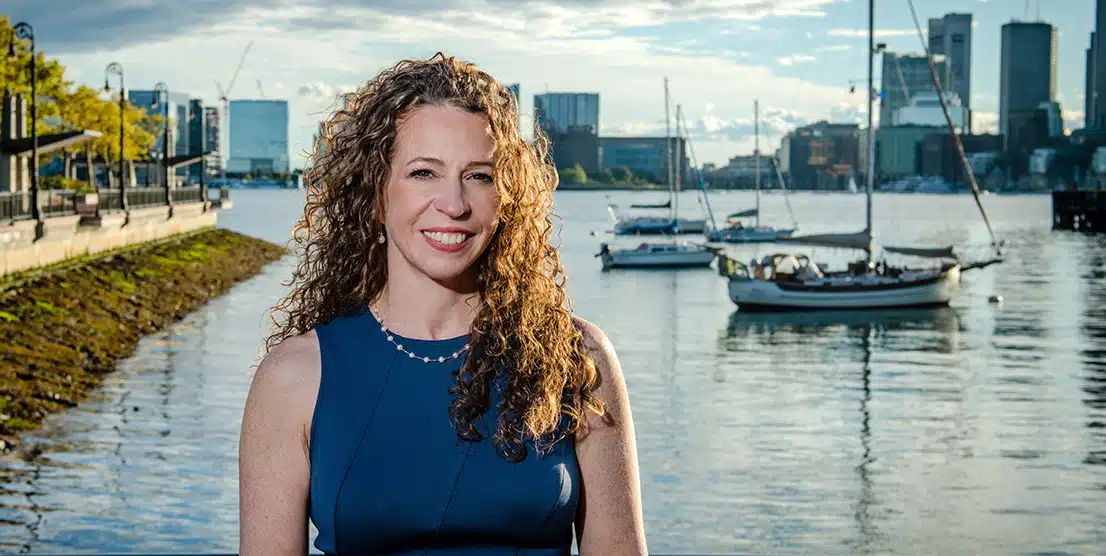Be brave. Make waves.
Sea change.
We help organizations develop high-performing teams and people-first cultures that aren’t afraid to “Rock The Boat”.
Frequently Asked Questions
What is my coaching process?
My coaching process is about guiding you through a transformative journey of self-discovery and growth. During our discovery meetings, we would like to start by delving into your current situation, goals, and challenges. From there, we collaboratively set clear and achievable objectives. Together, we develop a detailed action plan, adapt it as needed, reflect on progress regularly, and finally evaluate our achievements to identify further areas for development.
What are my key areas of specialty when it comes to coaching?
My specialty areas include psychological safety, leadership development, career transition guidance, communication skills enhancement, and emotional intelligence nurturing. I’ll make sure to tailor my approach to meet your specific needs and objectives.
What are common coaching objectives?
Establish specific, measurable, meaningful, attainable, realistic, time-bound personal or professional goals; help gain personal awareness; assist with decision-making, problem-solving, skill development, and habit change; improve interpersonal relationships, resolve conflict, and enhance communication skills, plan, and implement strategy, prepare for a new role, succeed at new role, etc. Coaching focuses on here-and-now and future-oriented objectives.
What are the factors that determine if a coachee is ready for coaching?
The person is motivated and ready to grow and change. They are ready for a collaborative partnership to set goals, learn, and achieve personal or professional results. Finally, they are willing to commit to a period of time for coaching engagement and have the budget to do so.
What does establishing agreements in coaching mean?
This refers to the process of creating a clear understanding between the coach and the client about coaching relationships and the outcomes that are being sought. Key elements include setting personal or professional goals, identifying the frequency of sessions, agreeing on the format of sessions by phone or video conferencing, terms around confidentiality, and expectations of the client and coach’s role.
What are the critical elements for setting a coaching engagement up for success?
Critical elements for success include establishing clear goals and expectations, fostering commitment and engagement from both of us, building trust and rapport, maintaining open communication and feedback, and being adaptable to changing circumstances. These elements form the bedrock of our coaching relationship.
What is the difference between coaching versus consulting?
The International Coaching Federation (ICF) defines coaching as distinct from therapy, consulting, mentoring, and training and emphasizes that coaching is a client-driven process. The coach provides guidance, support, and accountability. Coaching doesn’t tell, advise, and consult. Consulting is an expert-driven process and provides expert advice, recommendations, and solutions. Mentoring provides guidance, support, and advice and typically focuses on career development. Training is structured and provides individuals with knowledge and skills.
What is the difference between coaching and therapy?
Therapy, unlike coaching, focuses on improving mental health, addresses emotional and psychological issues, and is often focused on exploring past experiences and emotions.
What are the differences between Team Mentoring and Team Coaching?
In team mentoring, the mentor is the expert and shares their knowledge with the team. In team coaching, the team is the expert. Team coaches work with members of the team and leaders to establish the teams’ mission, vision, values, strategy, and rules of engagement. Leaders or team members may be coached individually to build and strengthen skills, effectively facilitate team meetings, and foster a speak-up, risk-taking culture, prioritize inclusivity, diversity, and empower and acknowledge each member’s voice.
Who should be involved in the development of a Team Coaching Agreement?
The team coach, all team members, the team leader, and the sponsor organization should be involved in developing a team coaching agreement.
What are common themes in Executive Coaching?
Developing key executive and managerial skills, enhancing team building and leadership qualities, identifying, and optimizing the use of key strengths, building the competencies of emotional intelligence, reducing burnout and time overwhelm.
What is involved in Psychological Safety Workshops and Training?
These workshops and trainings can be customized to meet the specific needs of each team or organization. They can include interactive team-building activities, discussions, and learning on the following topics:
- What is Psychological Safety
- What is Not Psychological Safety, Measuring the Presence or Absence
- Psychological Safety, Trust Building, Effective Communication Skills, Emotional and Social Intelligence, Empathy, Perspective Taking, Conflict Resolution,
- Fearless Experimentation, The Science of Failing, The Power of Vulnerability, etc.
What are the costs for coaching services?
Our firm offers values-based pricing versus hourly fees. We solve business problems that take time, effort, and expertise that rely on insight, knowledge, and judgment.
What are some articles published about the benefits of coaching?
“Why an executive coach is now a must-have for Ceo’s” by Emma Jacobs
“The coaching ripple effect: The effects of developmental coaching on well being across organizational networks” by Sean O’Connor & Michael Cavanagh
“When You Need a Coach: Blind Spots Are Less Obvious When Things are Going Well” by John Mattone
Please email me at jodie@rocktheboat.biz if you have any additional questions.
Thank you!
